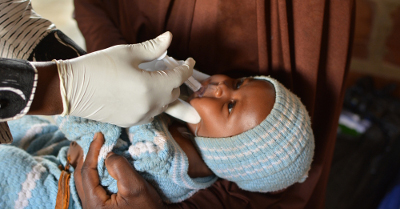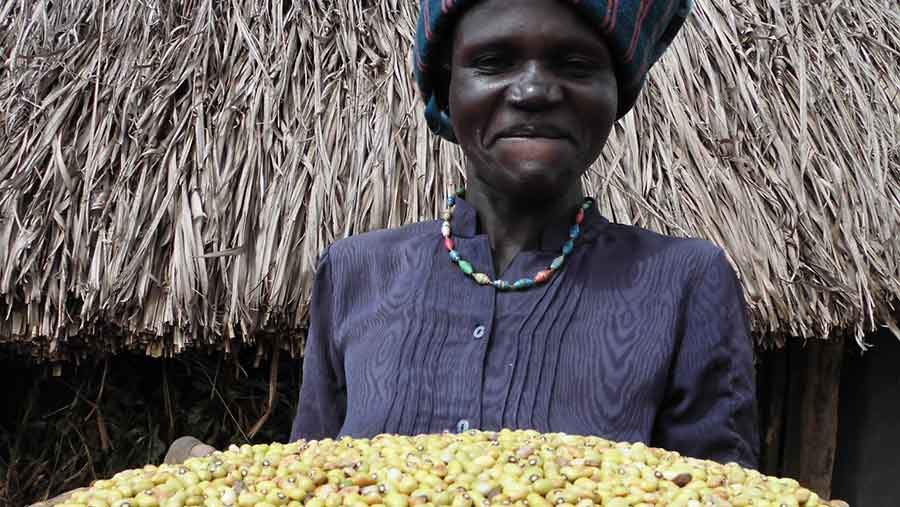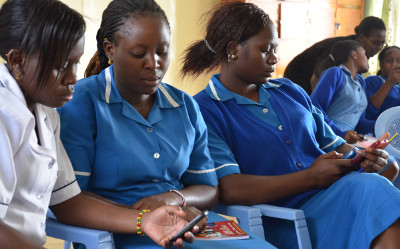Access to water in Sub-Saharan Africa (SSA) continues to be a challenge to the extent that there are more people without access to water in 2015 than in 1990. This indicates that current approaches to water provision have been ineffective. Governments have failed to provide a structure, mechanisms or approaches that guarantee water for ALL, resulting in a vacuum which has been ‘filled’ by a number of social actors (NGOs, Faith Based Organisations, Donors).
Training and capacity building are long established critical components of global water, sanitation, and hygiene (WaSH) policies, strategies, and programs. Expanding capacity building support for WaSH in developing countries is one of the targets of the Sustainable Development Goals. There are many training evaluation methods and tools available. However, training evaluations in WaSH have been infrequent, have often not utilized these methods and tools, and have lacked rigor.
"The Elsevier Foundation is partnering with Médecins Sans Frontières (MSF) and their training and research partner, Epicentre, to support the Niger Research Center. By building the Center's capacity and supporting African-driven research this project directly supports SDG 3, with a focus on target 3B. At the heart of this project is the development of a new vaccine to fight rotavirus."
Lucy Ajok, a 34 year old Ugandan farmer, gives Farmers Weekly an insight into her rural life. Lucy is a single mother of five children and lives on a three-acre farm practising mixed farming. Farming families dependent on family labour, like Lucy's, are typically the poorest in Uganda, and often have the additional challenge of HIV. This interview shares some of the challenges faced in achieving SDG 1 and SDG 2.
Biomarkers in Alzheimer's Disease, 2016, Pages 3-23
This book chapter advances SDG #3 and #10 by providing a brief outline of AD epidemiology, the definition of an AD biomarker, the classification and features of AD, and AD risk factors, followed by a description of the structure and content of each of the following chapters and their focus on specific types of AD biomarkers.
Access to clean and stable energy is a major challenge for many developing African countries. This research aims to investigate ways in which financing renewable energy projects (REPs) can help to address this problem and therefore SDG7. The authors propose the promotion of the two-hand renewable energy service company (ESCO) model as an efficient financial vehicle for increasing sustainable economic development through the production of reliable and stable electricity in semi-urban and rural communities.
Food security remains a top development priority and global concern. It is enshrined in the 2030 Agenda for Sustainable Development in Sustainable Development Goal two. Food security is also a core component of the human development and capability paradigm, since food access and entitlements are critical for reinforcing essential human capabilities. In introducing this special issue, this paper argues that agriculture is central to improving food security and reducing poverty in Africa.
Effective implementation of rules on reduced emission from avoided deforestation and forest degradation (REDD. +) depends on the compatibility between these rules and existing sectoral policies associated with forests. This paper applies content analysis of policy documents, semi-structured interviews and case study analysis to examine the interplay between REDD. + rules and Kenyan sectorial policies and local socioeconomic settings. Results reveal that the preparation of national REDD.
Rationale: Food insecurity has emerged as an important, and potentially modifiable, risk factor for depression. Few studies have brought longitudinal data to bear on investigating this association in sub-Saharan Africa. Objective: To estimate the association between food insufficiency and depression symptom severity, and to determine the extent to which any observed associations were modified by social support.
In order to achieve SDG target 3C, investments in the healthcare workforce is essential. New and innovative methods need to be deployed to train and develop the skills of healthcare workers. In Kenya, AMREF has launched a programme that enables nurses to learn on their mobile phones through a mobile nursing education app. Supported by a three-year grant from the Elsevier Foundation, Jibu (the name of the m-learning programme), offers a low-cost yet effective way for nurses to access up to date content.



